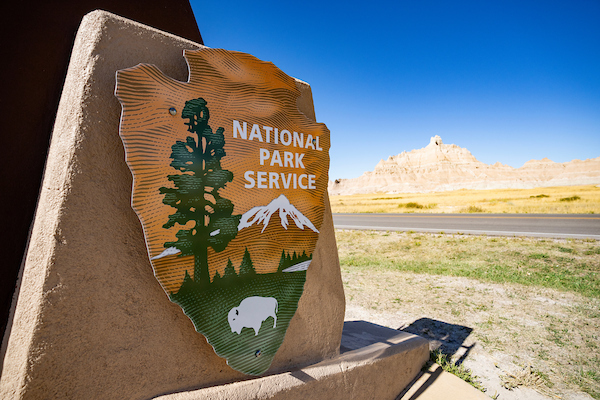Cyanobacteria topic of July 23 webinar
AgriLife Extension program to cover identification, concerns and management
The Texas A&M AgriLife Extension Service will present the webinar “Cyanobacteria: Concerns and Management” from 6-7:30 p.m. on July 23.
Cost is $35, and advanced registration is required at https://tx.ag/Cyanobacteria. One Texas Department of Agriculture integrated pest management education unit will be available upon completion for live attendees. A recording will also be provided to paid participants who cannot attend live.
Knowing what to look for and how to respond

Brittany Chesser, AgriLife Extension aquatic vegetation management program specialist and lead diagnostic scientist at AgriLife Extension’s Aquatic Diagnostics Laboratory, Bryan-College Station, will be the featured speaker.
Chesser said although cyanobacteria are commonly referred to as blue-green algae, this term is a misnomer.
“Cyanobacteria are not algae, but a photosynthetic bacterium that can grow in the water,” Chesser said. “Aside from its coloration, one of the reasons it’s referred to as blue-green algae is that it has very similar growth features to true algae and can sometimes be mixed in with other non-harmful algae species.”
Cyanobacteria can be found in waterbodies around the world, including ponds, with warmer summer temperatures often triggering blooms.
Chesser said under these bloom conditions cyanobacteria can produce toxins that can cause illness or death in aquatic and terrestrial animals as well as humans.
“Pond owners should quickly intervene by limiting access to the affected area and incorporating control strategies when blooms occur,” Chesser said.
On the agenda
The webinar will cover:
- Conditions that create the perfect environment for cyanobacteria blooms.
- The toxins produced by cyanobacteria species.
- Visual cues that a bloom may be occurring.
- Misconceptions and misidentifications.
- Immediate course of action and management strategies.
A 30-minute question-and-answer session will be held at the end of the webinar.
For more information, contact Chesser at [email protected].





